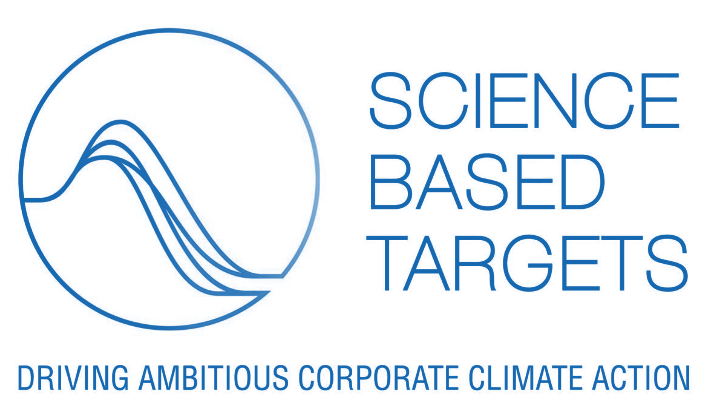Beyond Value Chain Mitigation (BVCM)
Reducing emissions should always be the primary focus of a net zero strategy. Companies and organisations will need to use every tool at their disposal to achieve emission reduction goals.
Beyond value chain mitigation (BVCM) or “Carbon offsets” are one such tool that – if used responsibly – can help accelerate action to avert dangerous climate change.
Beyond value chain mitigation (BVCM) = Mitigation action or investments that fall outside a company’s value chain. This includes activities that avoid or reduce greenhouse gas emissions, or that remove greenhouse gases from the atmosphere and permanently store them.
In the world of carbon credits / offsets, grasping the subtle difference between removals and avoidance is crucial.
A removal credit denotes the removal of one metric ton of CO2 or its equivalent, achievable through diverse CDR methods (carbon dioxide removals). eg.
- Afforestation / Reforestation
- Direct Air Capture (DAC)
- Bioenergy with Carbon Capture and Storage (BECCS)
- Soil Carbon Sequestration
- Carbon Capture and Utilization (CCU)
An avoided emissions credit, also equating to one metric ton of CO2e, prevents emissions that would have otherwise occurred without intervention. eg:
- Forestry, eg. Jurisdictional REDD+
- Conservation projects, eg. peatland or mangrove
- Energy efficiency, eg. cookstove projects
- Methane destruction, eg. landfill gas projects
- Renewable energy, eg. solar/wind/biogas
It is essential to recognise that carbon removals do not inherently represent a superior alternative to carbon avoidance. In-depth assessments have unearthed both removal credits with significant flaws and avoidance credits of exceptional quality.
The notion that removal credits possess superior "environmental integrity" oversimplifies the complex reality.
What the experts say …

“High-integrity carbon credits are one mechanism to facilitate much‑needed financial support towards decarbonizing developing countries… Businesses meeting their interim targets on their net zero pathway are strongly encouraged to balance out the rest of their annual unabated emissions by purchasing high-integrity carbon credits.”
United Nations High‑Level Expert Group on Net Zero Commitments

“SBTi strongly recommends that companies go above and beyond their science-based targets to invest in mitigation beyond their value chains. This is because:
- There is still a significant number of companies without science-based targets
- There are important sources of emissions outside corporate value chains, such as those linked to subsistence agriculture)
- Government policies are not yet sufficiently ambitious to deliver a 1.5°C future”
SBTi - Science Based Targets

“Financial flows are needed from developed to developing countries to rapidly scale up global investment in low-carbon solutions. In this context, carbon offsets – whether used to make voluntary emissions reduction claims or to contribute to wider global efforts – are one mechanism to facilitate much-needed financial support towards emissions reductions.”
The Climate Change Committee

“High-integrity carbon credits can unlock urgently-needed finance that would not otherwise be available to reduce and remove billions of tons of emissions that would not otherwise happen, particularly in emerging markets.”
The Integrity Council for the Voluntary Carbon Market

“Companies are strongly encouraged to compensate a share of unabated emissions annually during the transition to net-zero through the purchase and retirement of carbon credits generated under credible third-party standards.”
Taskforce on Scaling Voluntary Carbon Markets

“The use of high-quality carbon credits by companies—above and beyond their decarbonization efforts—is a potentially significant way to accelerate climate change mitigation and drive additional finance into low and middle income countries, which likely will suffer the greatest climate harms.”




